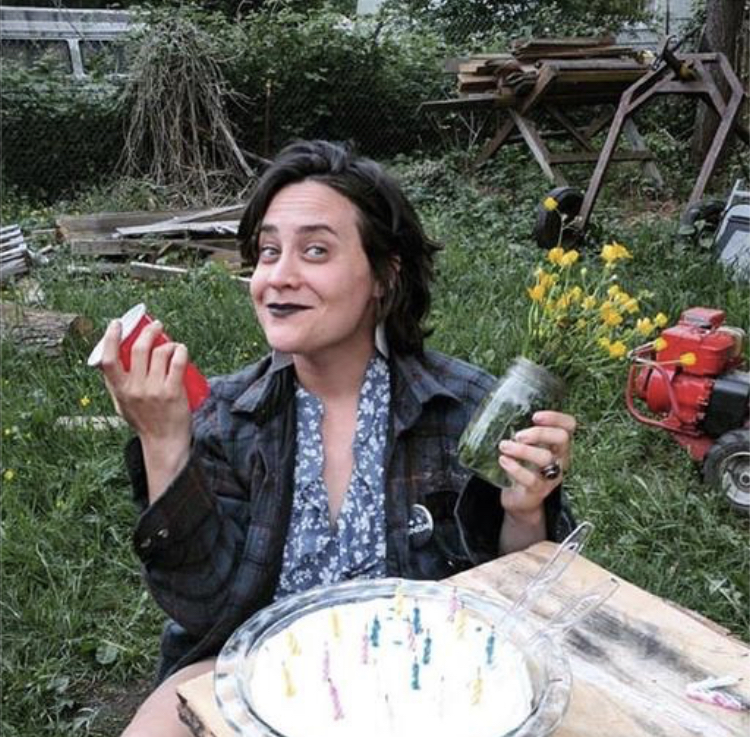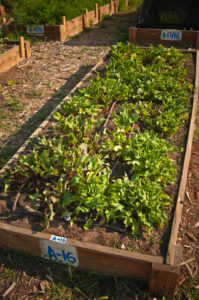
Feminist Farming: Learning Teshuvah from the Earth
 We dig a trough for garlic, bury the seed, and I invite the volunteers working alongside me to bless the garden bed. We often bless our work with a simple prayer that the people who eat this food are nourished by it, and that through our hands we can help heal the land we are on. I say a Shehechiyanu under my breath every time someone new joins me in this.
We dig a trough for garlic, bury the seed, and I invite the volunteers working alongside me to bless the garden bed. We often bless our work with a simple prayer that the people who eat this food are nourished by it, and that through our hands we can help heal the land we are on. I say a Shehechiyanu under my breath every time someone new joins me in this.
I farm on twice-stolen land in the Central District of Seattle, Washington, unceded Coast Salish territory. I am a white Jewish woman, and I farm with a white-led nonprofit. And often well-meaning white workers from Amazon and Microsoft come to the small parking-strip-turned-garden-beds that we call a farm, and it is my role to slow everyone down to the pace of the plants, and to be like the plants: to listen, to get to know a place by being shaped by its soil.
At the beginning of each set of community gardening hours, I tell the parts of the story of the Central District that I know. About how Black and Jewish people were redlined to this area. About how the Jews left in their own white flight. About how developers are eating up the land like they won’t ever get enough. I ask volunteers to be sensitive to the fact that people’s lives have been turned upside down, to walk with humility. I explain that we are doing our gardening inside of a wound, and if they can’t fully understand, that’s okay, but to respect that there’s a painful process going on. And that to the people who live here, some of us white folks, whether we like it or not, are the faces and bodies of that process.



